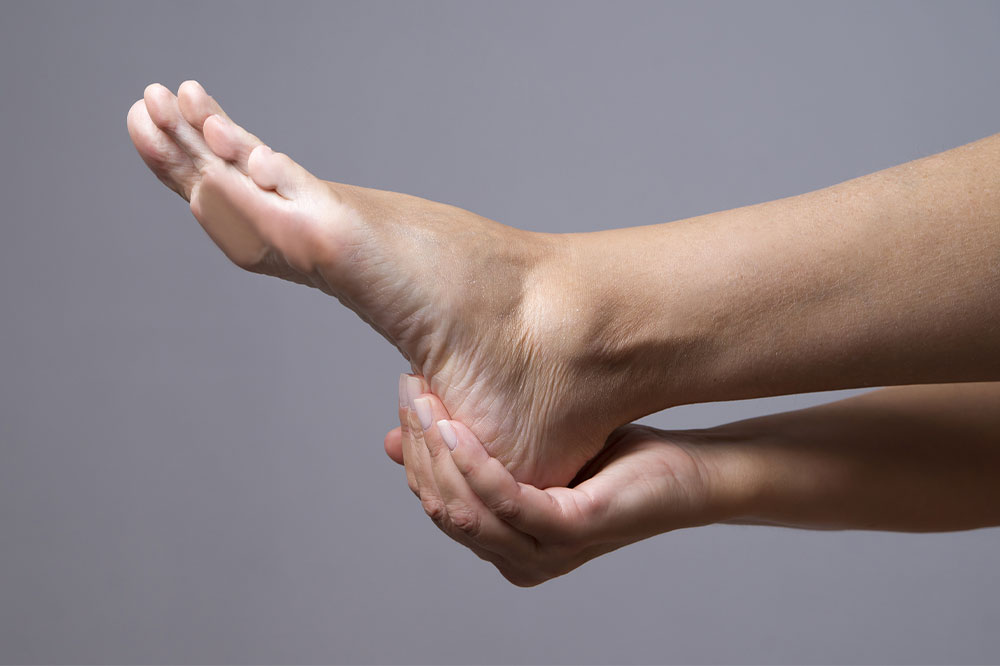
Early Signs of Rheumatoid Arthritis
Rheumatoid arthritis is an autoimmune disease that causes systemic illness and results in inflammation of the joints in the feet, fingers, and hands. Although this condition cannot be cured, early diagnosis and timely treatment can help manage it effectively. This article lists out some of the early signs of rheumatoid arthritis that you need to watch out for:
Fatigue
In all the stages of this disease, fatigue is a common symptom as a result of inflammation of the joints. Fatigue is the body’s reaction to medications, anemia, sleep deprivation, and joint pain. The resultant lack of energy affects everything ranging from a person’s creative abilities to their attentiveness, happiness, productivity, libido, relationships, mood, occupation, and emotions. Fatigue also leads to poor appetite, which, in turn, leads to weight loss.
Joint problems
As the condition primarily affects the joints, it leads to several issues related to them:
- Joint pain
Pain in the joints due to inflammation is one of the most common early signs of rheumatoid arthritis. A patient may experience pain even if the condition is managed well, as it is a result of damage to the joint that has already been caused.
The condition, if not managed, causes joint swelling due to the thickening of the joint lining tissue and excess joint fluid. Any movement causes the inflamed joint to stretch, irritating the surrounding joint capsule that contains nerve endings, which sends pain signals. - Joint tenderness
This disease can cause tenderness of the joints as the inflammation irritates the lining of the joint tissue, and external pressure like touching makes it feel tender. Rheumatoid arthritis also leads to insomnia and irregular sleep. - Joint swelling
This is another common early sign of rheumatoid arthritis; it can be minimal in some cases, while it is evident in others. People with this condition can easily tell when their joints are swollen as it results in a reduction in joint movements, and finger rings cannot be removed easily. - Joint redness
When the joints are inflamed, the skin over the joint also becomes red due to the capillaries of the skin becoming wide as a result of the inflammation. This is known as dilated capillaries and does not affect all inflamed joints as the inflammation may not be enough to cause dilation every time. - Joint warmth
Warm joints mean active inflammation, and it is an early sign of active rheumatoid arthritis. Joint warmth reduces as the treatment progresses, and warm joints can also be experienced without redness and/or swelling. - Joint stiffness
Early morning joint stiffness tends to resolve by later in the day, and doctors diagnose the severity of the inflammation through this early warning sign of rheumatoid arthritis. With proper medications, the stiffness reduces. - Joint function and movements
The inflammation, tenderness, and pain reduce one’s ability to move their joints freely. These early signs of rheumatoid arthritis limit joint movement, and moving the joints may cause pain. This leads to a lack of dexterity, poor grip, and lack of coordination.


